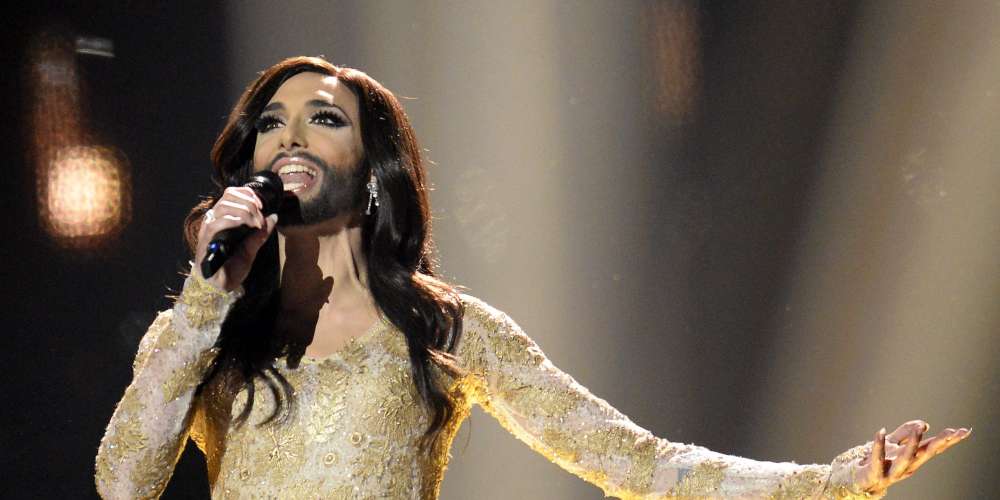
Turkey Says It’s Boycotting Eurovision Song Contest Over LGBTQ Contestants Like Conchita Wurst
Turkey will continue its Eurovision boycott so long as the super-campy music competition continues to welcome LGBTQ contestants, the head of the country’s media has announced.
The majority-Muslim nation dropped out of Eurovision after 2012, reportedly over a dispute regarding the voting system, but Ibrahim Eren, head of Turkish Radio and Television (TRT), said it won’t return so long as the competition includes people like bearded Austrian drag queen Conchita Wurst, who won in 2014.
“We are not thinking about taking part at the moment,” Eren told state-run Anadolu news agency. “As a public broadcaster we cannot broadcast live at 9pm, when children are watching, an Austrian with a beard and a skirt, who claims not to have a gender and says ‘I am a man and a woman at the same time.’”
“There is some kind of confusion of mentality here,” Eren said. “Once this is corrected we will return to Eurovision.”
Initially, Turkey protested Eurovision’s “Big 5” rule, which states that the U.K., France, Italy, Spain and Germany, are guaranteed a place in the finals. TRT promised Turkey would return to Eurovision in 2016, but that failed to materialize — the country’s last entrant was Can Bonomo, who came in seventh in 2012 with “Love Me Back.”
The last time Turkey won Eurovision was in 2003, with “Everyway That I Can.” Following tradition, the contest was held in Instanbul in 2004.
Nicknamed “the gay Olympics” Eurovision has had a history of queer visibility even before Wurst: In 1998, Israeli trans singer Dana International won the competition with her song “Diva.” In 2013, Finnish singer Krista Siegfrids kissed one of her female back-up dancers to protest Finland’s ban on gay marriage. Two years later Lithuanian singers Monika Linkyte and Vaidas Baumila featured a same-sex smooch in their performance of “This Time.”
Turkey has long been viewed as one of the more progressive countries in the Muslim world, but growing conservatism has seen the banning of Pride marches and Grindr, as well as attacks on LGBT demonstrators in the country.